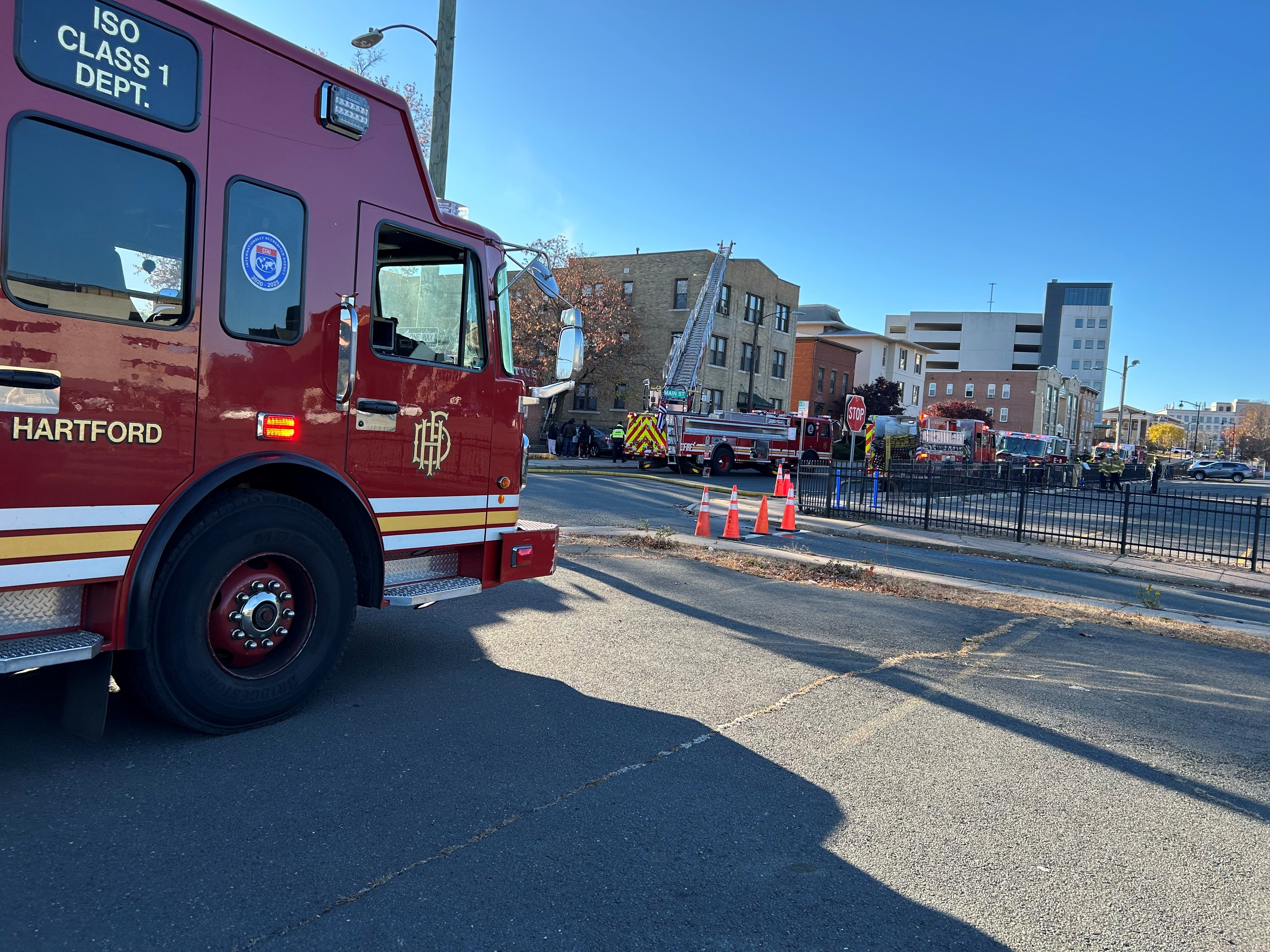Many people looking for legal help in Connecticut could soon find themselves defenseless. Major funding cuts to legal aid services may turn away would-be clients in record numbers.
Alan Manware said he felt like his hands were tied behind his back last Fall after a dispute with his apartment building.
"When I answered the door, it was a sheriff," Manware said. "He handed me an eviction notice."
Faced with nowhere to live over the issue, Manware turned to Statewide Legal Services of Connecticut and got the help he needed.
"I did the leg work. They did the brain work. I didn't feel defenseless anymore," Manware said.
Manware is one of the lucky ones. But this year, thousands of people in Connecticut could be turned away from legal aid. It is help that, until recently, has been free and much more available.
"We're never going to be able to meet the need now, not with all the budget cuts," said Jan Chiaretto, of Statewide Legal Services.
Local
Statewide Legal Services is the state's largest provider of legal aid. But the organization's federal funding has been slashed by 15 percent. It is part of the country's efforts to trim a massive deficit.
"Fifteen percent means we'll probably see a fifteen-percent reduction in just the people we can even speak to and get the legal help that they need or help them ourselves," Chiaretto said.
In 2011, Statewide Legal Services helped 15,000 people who needed advice or a lawyer to fight for them. The cuts this year could not have come at a worse time, according to Chiaretto. She recently issued layoff notices to seven staff members.
Chiaretto said more low-income people may need lawyers in 2012 due to an expected rise in foreclosures and domestic violence cases.
"It means a very big reduction in services, as far as families and children go," Chiaretto said.
Meantime, the Connecticut Bar Foundation said funding for its sources of legal aid is also running dry.
"Two things came together at the same time: the interest rates have tanked but so have the principal balances," said Executive Director Sandy Klebanoff.
The state's IOLTA (Interest On Lawyer Trust Accounts) program is running low on funds. Funding for IOLTA comes from lawyers involved in real estate transactions who set up trust accounts for their clients. The interest earned on those accounts helps fund non-profit legal groups.
But fewer proprieties are selling.
The IOLTA fund used to contain over $1 billion dollars, according to Klebanoff. It's now at just over $600,000.
"Poor people get fewer services from those lawyers," Klebanoff said. "We can not provide the same amount of grants to the non-profit organizations that we were."
The lack of legal help could cause a ripple effect across the state.
"More people wind up in shelters. More families experience dissolution. More people cannot access social services that would help them with their heating costs and their food costs," Chiaretto said.
A sympathetic state judicial branch contributes a small part of its budget to help, and higher court filing fees are being used to fund non-profit legal groups.
But consider what could happen if the real estate market doesn't improve and the cuts keep coming.
"You're gonna let the bullies win," Manware said. "It's kind of like a 'haves' and 'have not' situation."
For-profit lawyers recognize the problem as well. In addition to lobbying for legal aid causes, the Connecticut Bar Association said it encourages lawyers to volunteer their services for low-income clients.



